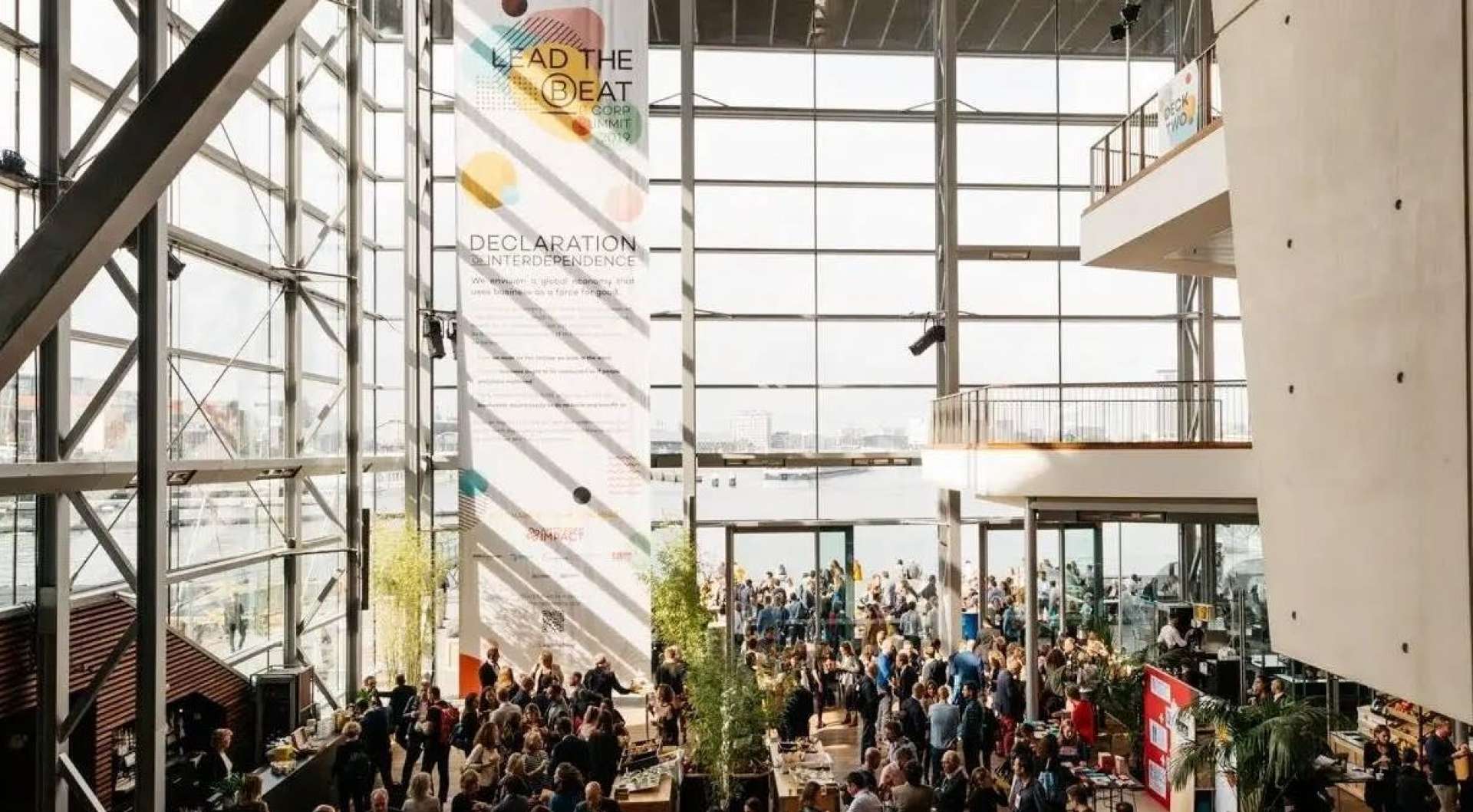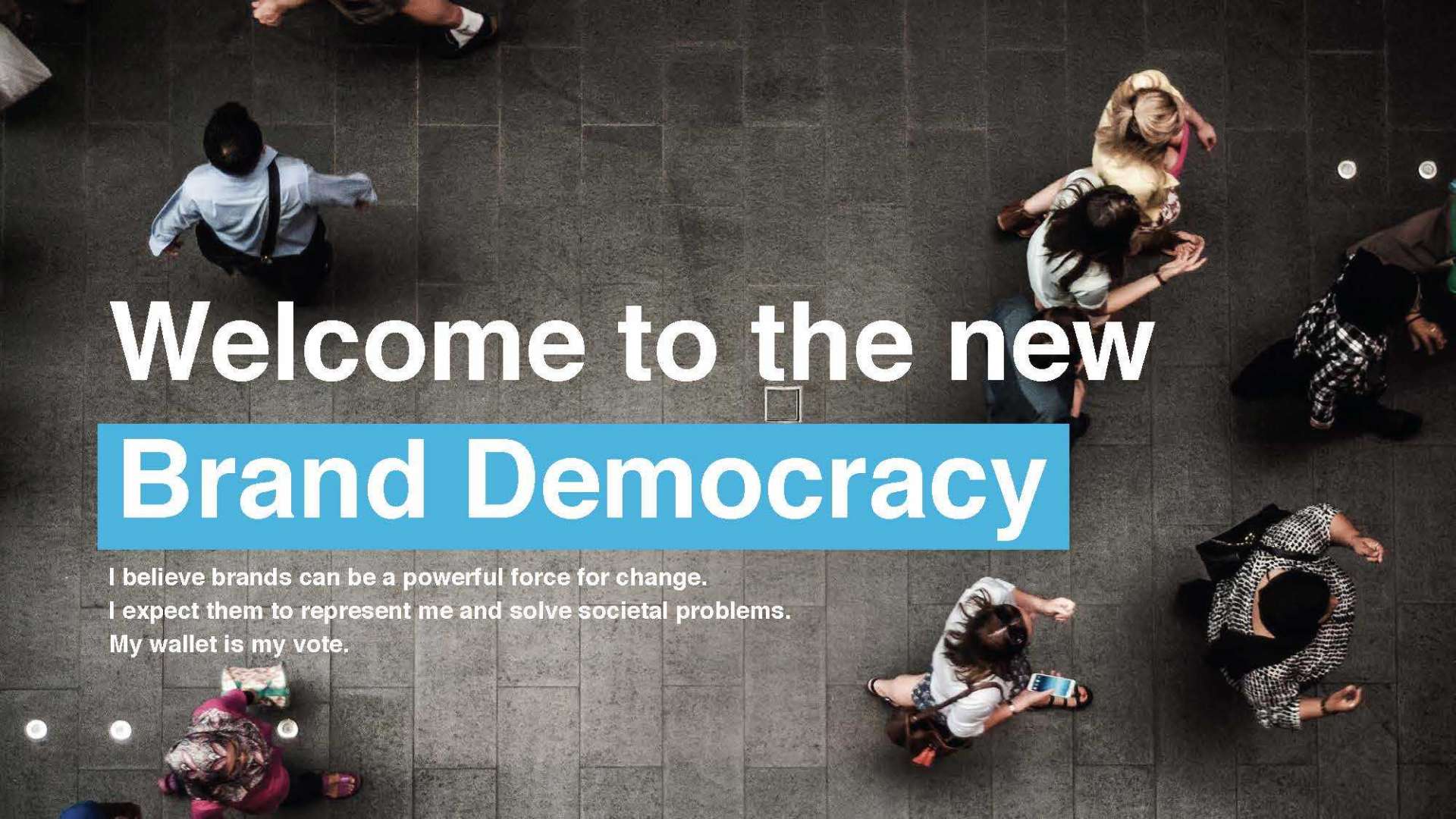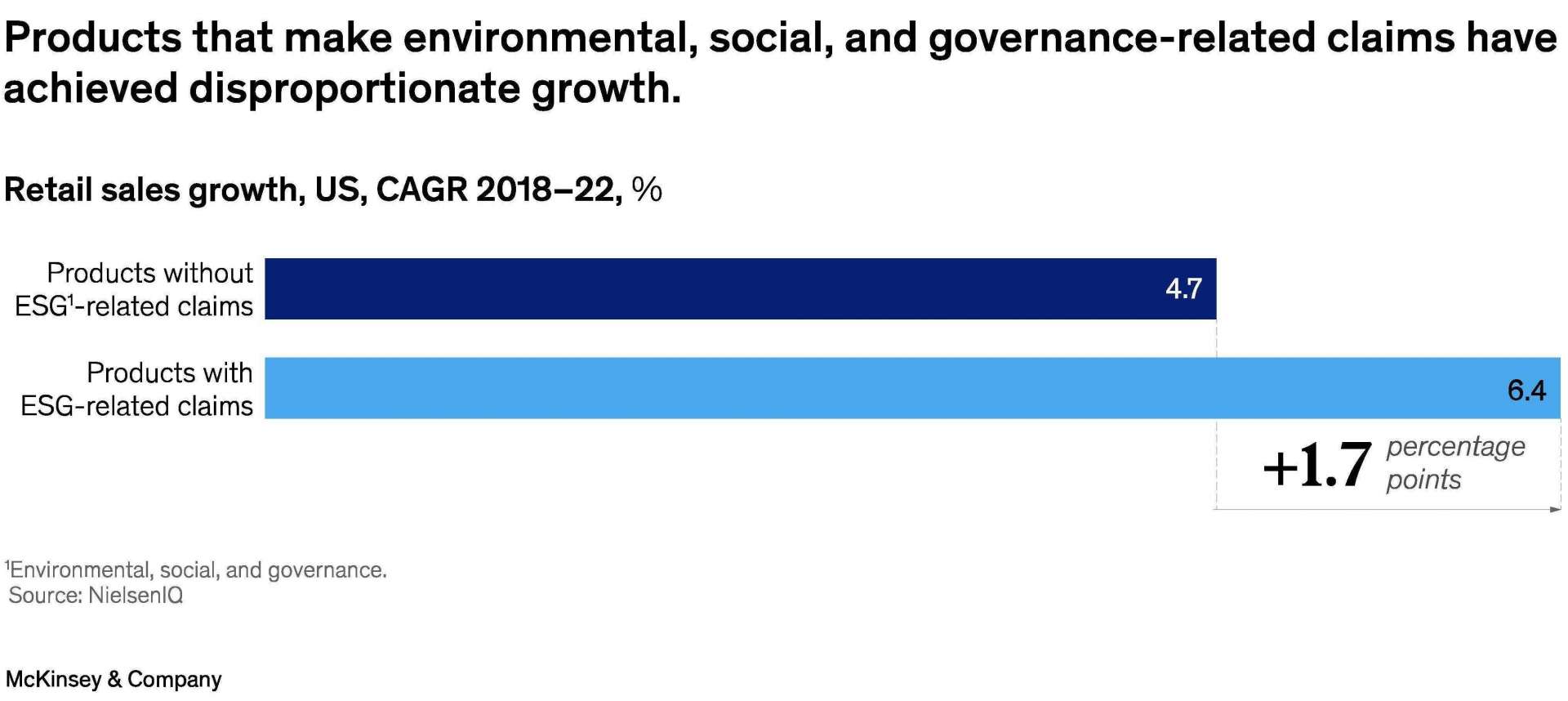Experiencing Value
The value of being a B Corp
The B Corp movement continues to grow, with over 6,500 Certified B Corps globally as of early 2023. A major part of this is that companies realize there is significant value to being a Certified B Corp.
Finding value
Consumer demand and growth are two significant values, and those are noted first because they appeal most to those who doubt the value of the sustainable business model and B Corps. But there are myriad other values to being a B Corp.
Ryan Honeyman outlines 10 benefits in his book, The B Corp Handbook:
- Being part of a community of leaders with shared values
- Attracting talent and engaging employees
- Increasing credibility and building trust
- Generating press
- Benchmarking and improving performance
- Attracting investors
- Protecting a company’s mission for the long term
- Building collective voice
- Saving money
- Being a leader a the B Corp global movement
The first three have been the biggest value for Measure Meant. The B Corp community is extremely welcoming and ready to share best practices. It is an extremely non-competitive environment precisely because everyone shares the same values. The prevailing belief is there is room for all companies to succeed, and collaboration is a key part of that success.

Measure Meant has attracted employees, and receives regular inquiries about employment, because we are a B Corp and focused on sustainability and making the world a better place. And they are committed to our company lower-than market wages because our work aligns with their values, and they know we will continue to grow as a leader in this space. Our commitments and principles create a strong sense of confidence. The way we act as a company, as coworkers, and as humans has allowed us to create a high degree of credibility and trust with our team and our clients.
Consumer demand for sustainable products
In their 2017 study, Unilever estimated the market for sustainable goods at €2.5 trillion. We know via multiple studies that consumers are more likely to buy brands that make their sustainability commitments visible on their packaging. With that in mind, Unilever estimated that consumer segment at a value of almost €1 trillion. A 2018 report by Wunderman Thompson indicated that 83% of consumers will pick the most sustainable brand, 86% find it too difficult to assess the sustainability of a brand or product, and 64% “of respondents always scrutinize labels for sustainability credentials when shopping”. And consumers don’t want to have to work to figure it out – respondents to the 2018 Edelman Earned Brand report “indicate[d] brands should make it easier for me to see what their values and positions on important issues are when I am about to make a purchase”.

Most certifications apply to just one aspect of a product and do not apply to the entire company or brand. For instance, organic certifications indicate the product uses all organic ingredients. Fair trade certifications indicate that all ingredients were sourced using practices that align with the fair-trade principles. These certifications don’t always apply to all products a company sells: it isn’t uncommon for brands to sell both organic and conventional food. While both organic and fair-trade certifications are beneficial, they don’t provide insight into a company’s business practices.
By contrast, the B Corp logo on a package provides a clear signal to consumers that the company, not just the product, is managed sustainably and is committed to benefiting all stakeholders. The B Impact Assessment evaluates five impact areas – governance, workers, community, environment, and customers. It is widely viewed as the most holistic assessment of a company’s all of a company’s business practices, not just aspects of a certain product.
B Corp certification is the clearest signal of a company’s practices.
Growth, profitability, and longevity
Extrapolating from the Unilever, Wunderman Thompson, and Edelman reports, sustainable consumer brands are positioned for profitability and there is plenty of evidence to support that. Various reports indicate that Millennials, and Gen Z, are significantly inclined to buy sustainable products and Millennials are set to inherit more than $30 trillion over the next 30-40 years. This represents 35% of all household wealth.

A McKinsey and NielsenIQ study published in early 2023 indicated that from 2017-2022, “products making ESG-related claims accounted for 56% of all growth – about 18% more than would have been expected given their standing at the beginning of the five-year period”. Cumulative growth was 8% higher and CAGR was 1.7 percentage points higher than those of products making no claim. Being a sustainable brand is giving those companies a definite advantage.
As further evidence of the growth potential, Unilever reported that in 2019, their Sustainable Living Brands (28 of over 400 brands in their portfolio) grew 69% faster than other brands and accounted for 75% of overall company growth. Four of those 28 brands are B Corps. Additionally, a 2018 study demonstrated that “as of October 2017, the B Corps cohort saw a 49% growth in sales compared to 15% for the category cohort – over 3X the sales growth”.
While growth doesn’t ensure greater profitability, it certainly increases the opportunity for being more profitable.
Another value is longevity and the ability to endure market changes. Investopedia indicates that “[b]etween December 2008 and December 2010, about 1.8 million small businesses went under”. But Ryan Honeyman says that “Certified B Corps were 63 percent more likely to survive the Great Recession (2007-2009) than the average US small business”. The businesses survived because they had greater customer loyalty, attracted better talent, had more access to capital, and had better connections with supply chains. In other words, Honeyman says, the process of certification helped them become better businesses.
The real value
B Corps have the courage to pursue a model that is completely contrary to shareholder capitalism. While it is a path increasingly more taken, it is still a brave few that adopt a stakeholder model of business and a better way of doing business.
In many ways, the value is summed up by Gandalf in Peter Jackson’s The Hobbit. In explaining why he chose a halfling to help destroy the ring of power, Gandalf said:
Saruman believes it is only great power that can hold evil in check, but that is not what I have found. It is the small everyday deeds of ordinary folk that keep the darkness at bay. Small acts of kindness and love. Why Bilbo Baggins? Perhaps because I am afraid, and he gives me courage.
Peter Jackson, The HobbitWe believe that the real value of being a B Corp is the validation that you stand for something more than making money and you believe that business has significant role to play in addressing community and environmental challenges. The value is the understanding that it is our everyday deeds that help move us forward and that we need courage in the face of these challenges. And the understanding that there is a community banding together in a common cause.
Read More
The 1980s Called and They Want Their Business Case Back: Why we're rejecting the "business case" for sustainability
They say a rising tide raises all boats. But there isn’t any raising to be done when the tide no longer comes into the bay – all boats remain stranded. We are often asked about the business case for sustainability. For y
Protect Your Community or Organization with a Climate Action Plan
Introduction Our changing climate impacts every aspect of our lives—our economy, our communities, and the environment—in ways both visible and unseen. While scientists and environmental organizations have long recognized
Witnessing the world of sustainable business firsthand
As a young student with a passion for climate justice and sustainability, it always felt like a contradiction to pursue a degree in business. From what I had witnessed, businesses didn’t necessarily operate ethically. Mu
Interning with Purpose: My Journey with Measure Meant
From January to May 2024, I had the distinct pleasure of working with Measure Meant as an Operations Intern. As a graduating senior at Gonzaga University, I had not planned on pursuing another internship in my final seme




